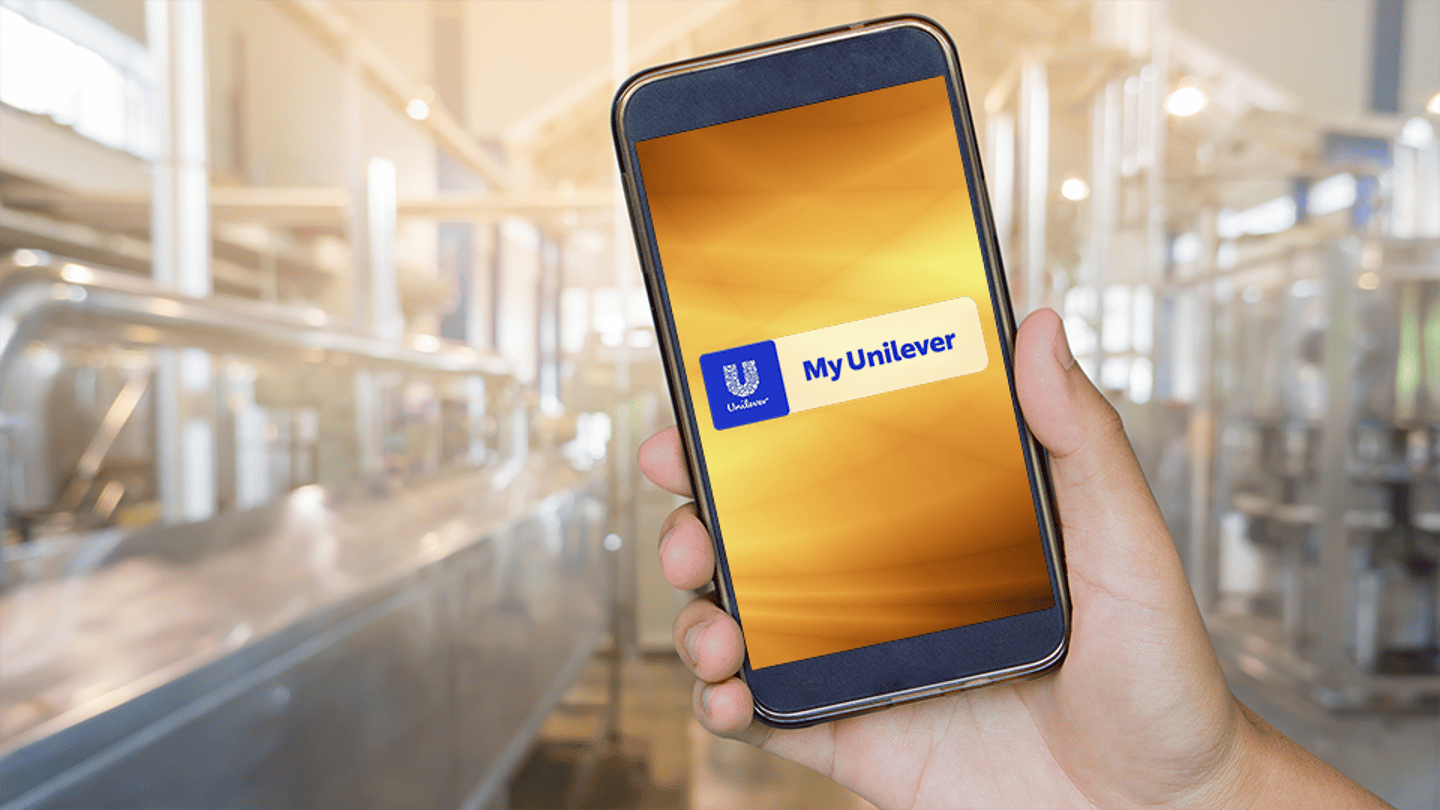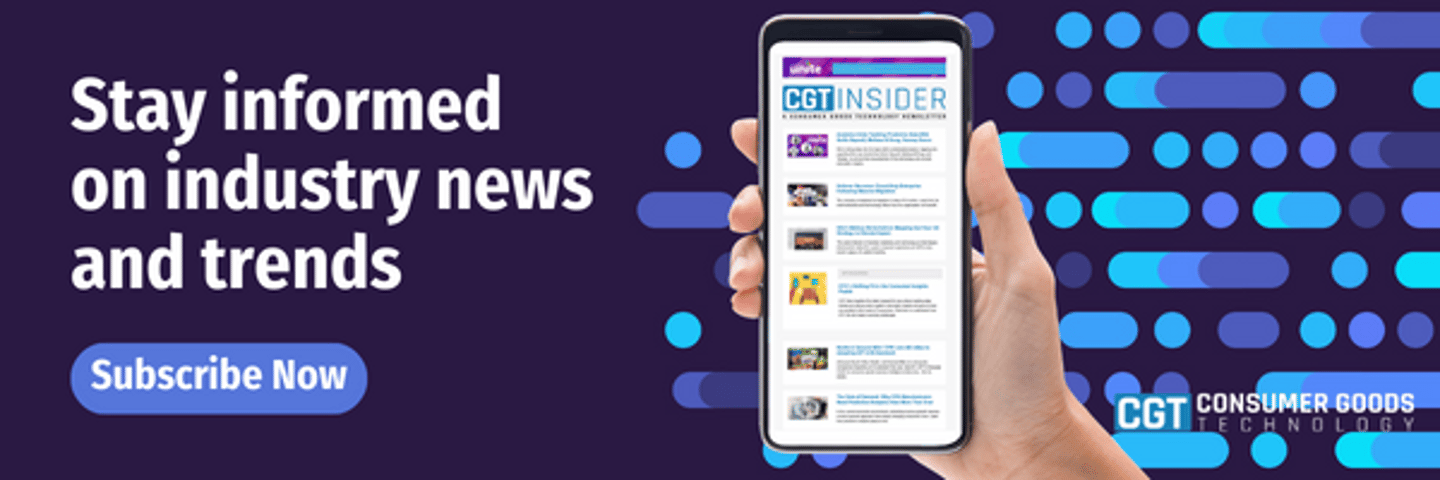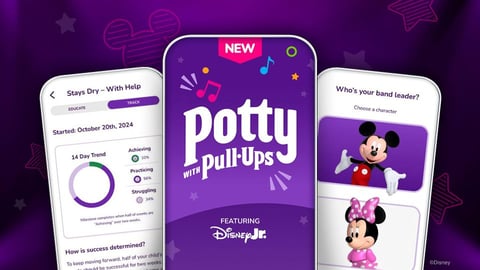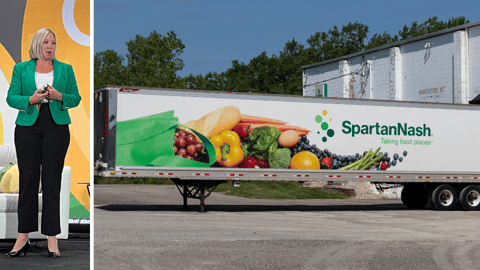Unilever Brings Mobile Digital Transformation to Factory Floor
Unilever has launched a new mobile app for factory employees to keep them as digitally connected as their in-office colleagues.
Known as My Unilever, the app was developed in partnership with Google Cloud and Accenture and provides access to HR, learning, and support systems, as well as email, Google Chat, and document sharing. It also provides access to third-party learning and payroll tools, some of which were only previously available by paper-based or in-factory processes.
The consumer goods company has developed the app in order to support its more than 53,000 factory employees as part of larger efforts to become future-fit and continue scaling, a Unilever spokesperson told CGT. It’s not only designed to provide a better employee experience but also save time to focus on other priorities.
“Our office-based employees worldwide are already connected and collaborate seamlessly across the globe within our digital workplace,” the spokesperson said. “With My Unilever, our factory-based colleagues can now become digitally connected too, with access to day-to-day information, tools, training, and learning resources at their fingertips through the new app.”
The app has been piloted at four factory sites around the globe over the past few months, with more on tap by the end of 2023. The results and feedback — from both personal and business perspectives — are very encouraging so far, according to the spokesperson.
The app can be used on personal and corporate iOS and Android devices and on-site computers. Unilever said it’s currently focusing on driving the app’s launch but intends to review other functionality for the future.
Mobile’s Role In Digital Transformation
Bringing digital transformation to the factory floor and to field teams are critical priorities for today’s consumer goods manufacturers as they seek to streamline communication and improve employee experiences and productivity. In turn, as more employees expect their work tech to be as easy to use as what’s on their phones, low- and no-code mobile apps are gaining in popularity.
These apps can also serve important needs in some difficult working environments: Seafood manufacturer Royal Greenland equipped its 2,000-plus fleet of independent fishermen with a trio of iOS-based mobile apps in order to better integrate their front- and back-ends. Digitizing some of the governmental regulatory processes for recording catch data has also helped the company stay in compliance with its sustainability requirements.
For its part, Unilever is no stranger to the use of mobile apps to drive growth. The company has onboarded nearly 40% of its retail partners with an ice cream electronic-route-to-market app, enabling them to easily restock, make payments, and monitor stock levels.







